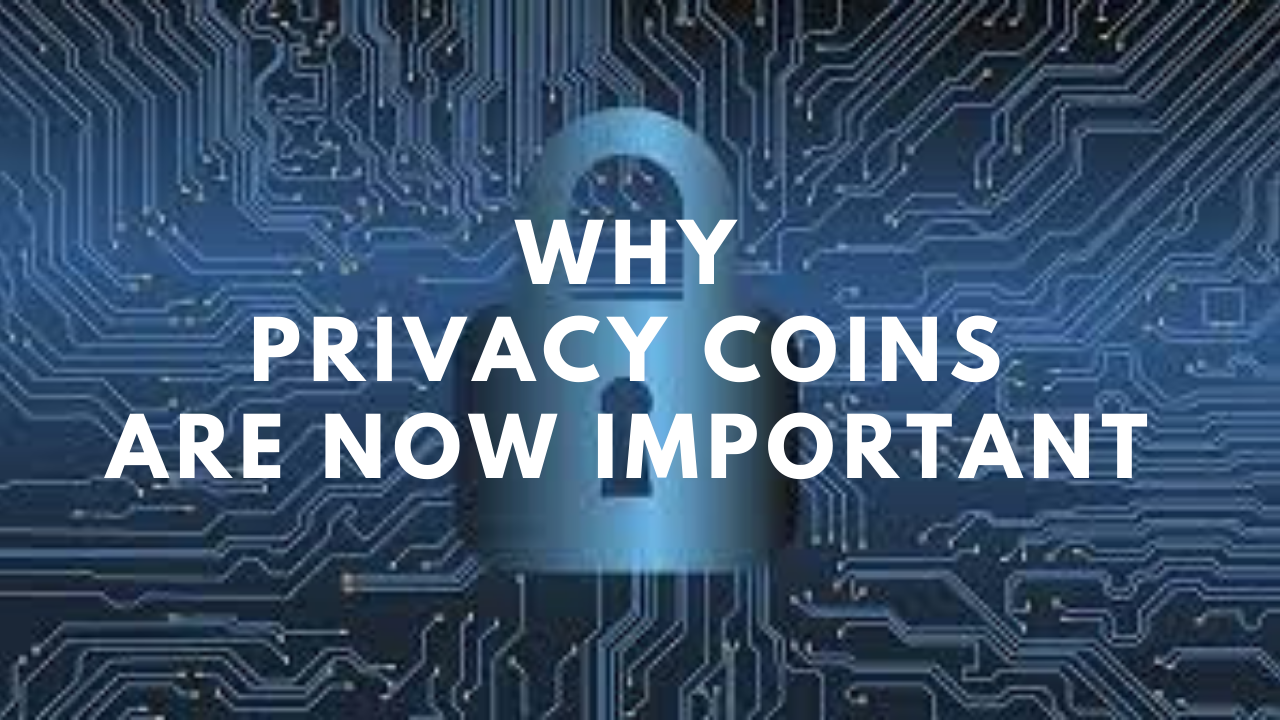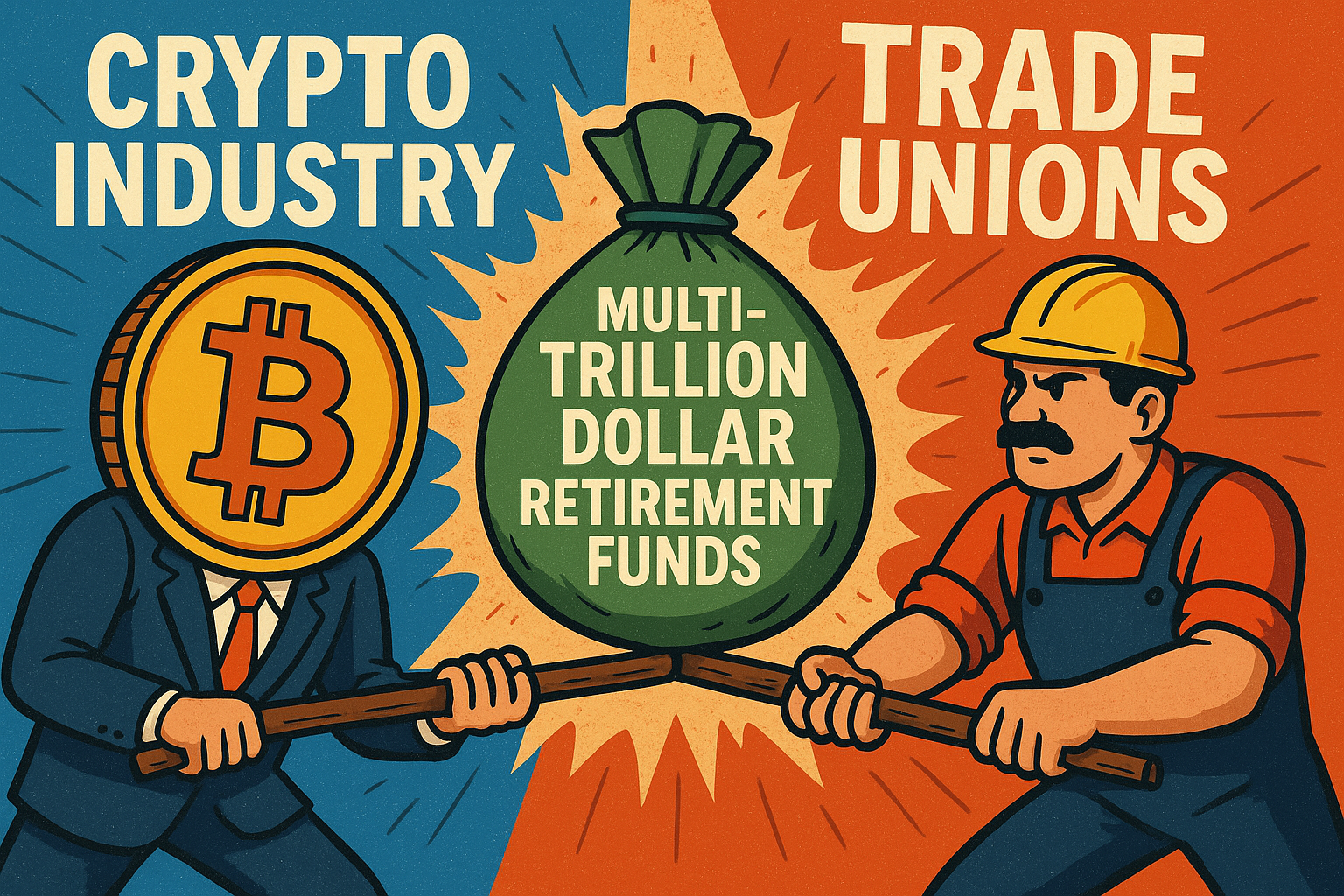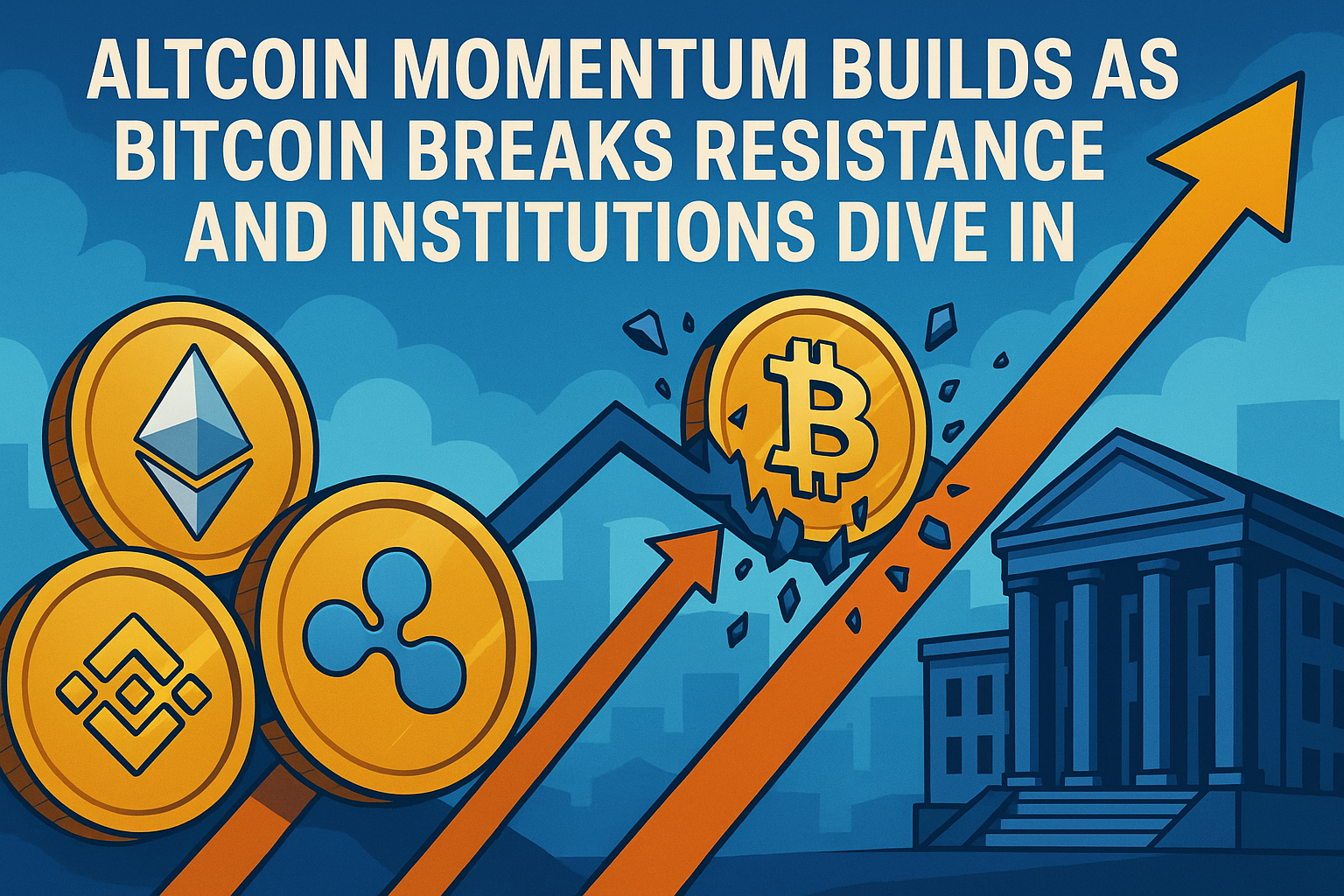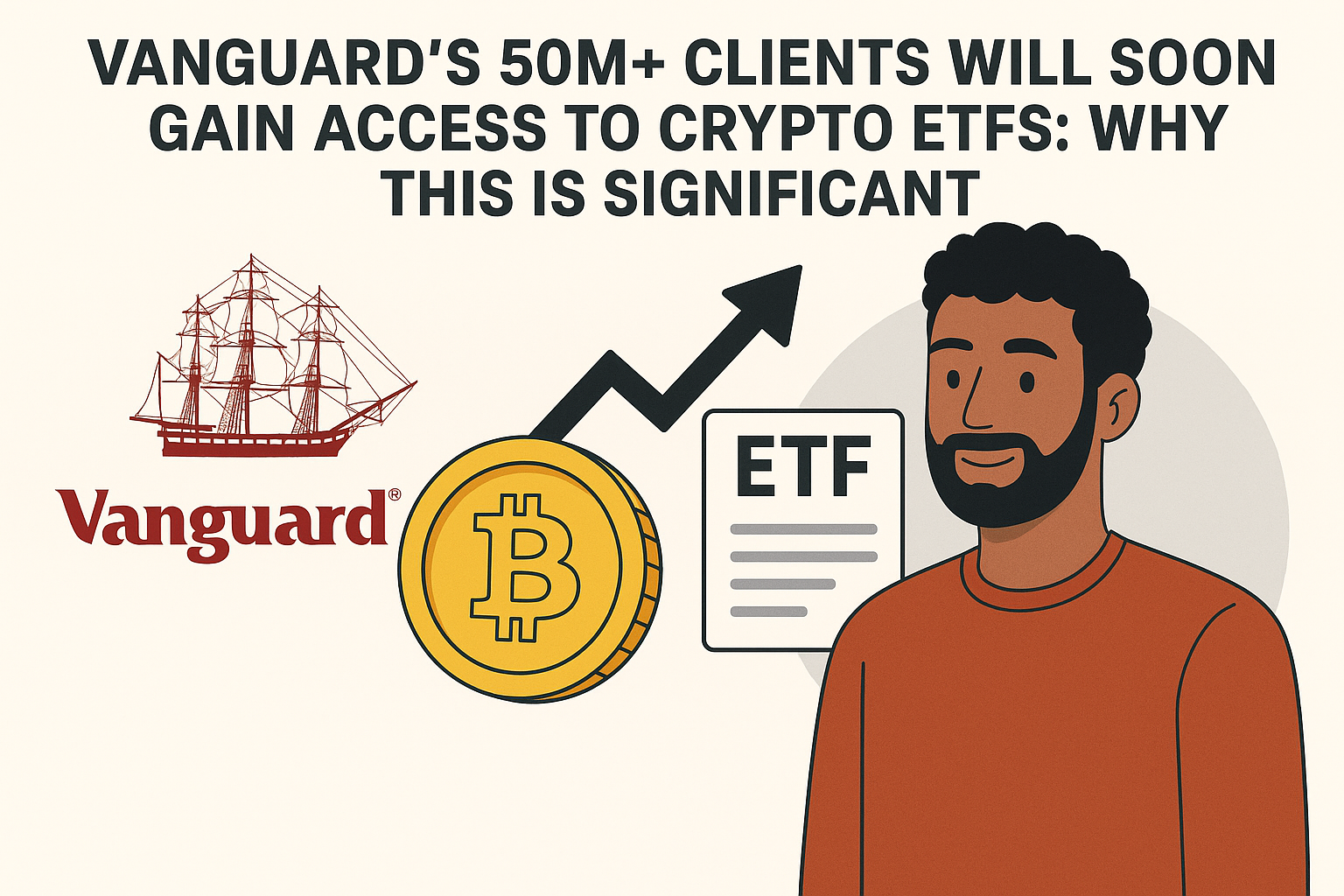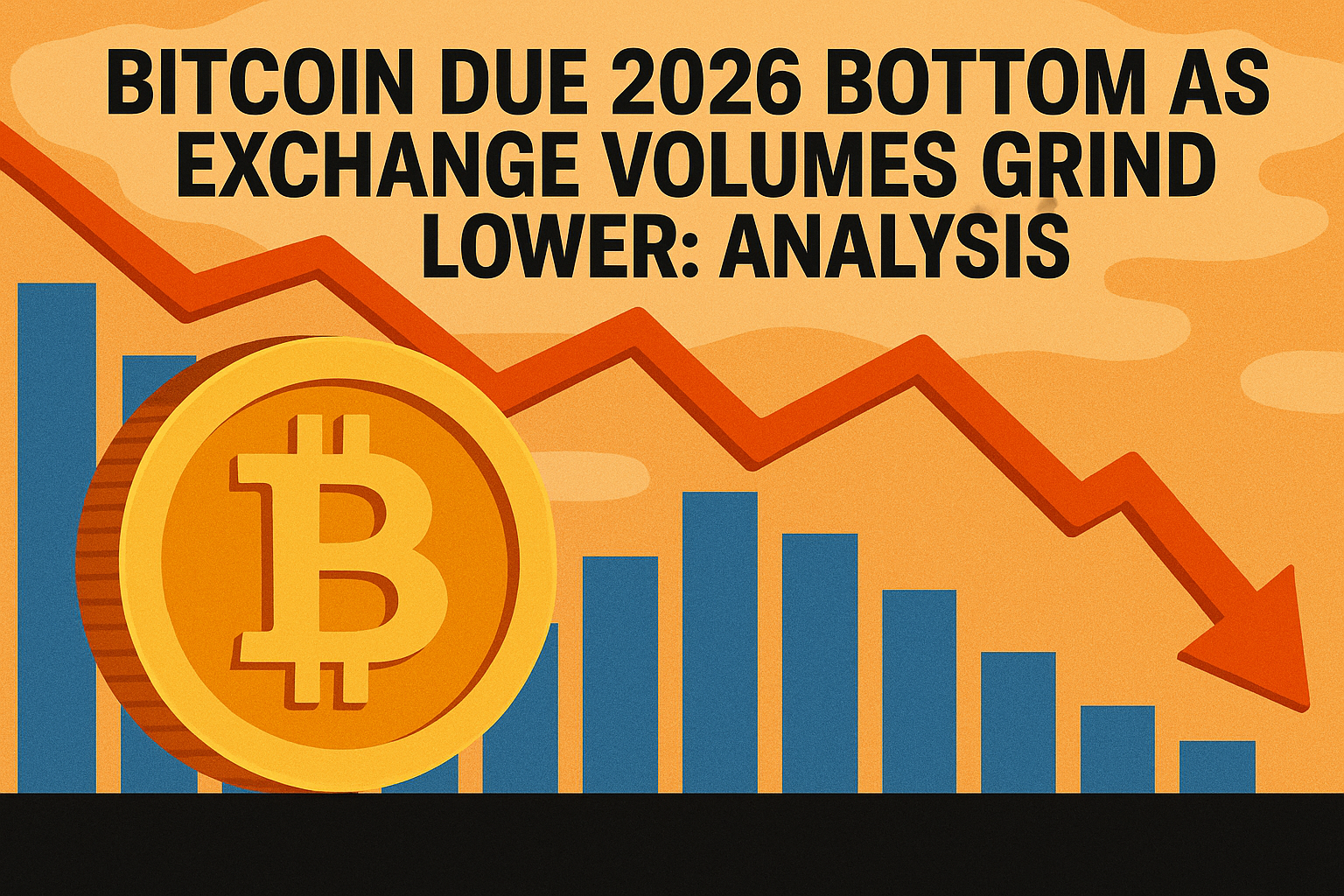Table of Contents
In the last few weeks, we have seen the rights and freedoms of people's financial lives being taken away without consequence. While you may be thinking about the events currently taking place in Russia and Ukraine, this is also happening in G7 countries, such as Canada.
In the last few weeks, we have seen legislation and many governmental bodies, central exchanges and major financial platforms move to seize and/or restrict financial and/or cryptocurrency transactions.
During these times, it's necessary to point out that cryptocurrency transactions aren't as private as most people believe.
In fact, +99% of cryptocurrencies on the market are considered 'open-ledger' and are not private. That is, the sender address, the receiver address and the amount are clearly available on the blockchain for anyone to see.
US Siezed over $4B of BTC
In the few weeks, the US seized over $4 billion with Bitcoin, now making the United States one of the largest holders of Bitcoin in the world. This was a result of a recent DOJ seizure of 94,000 BTC in relation to the theft that took place back in the August 2016 hack of the Bitfinex trading platform.
What makes this story interesting, is the DOJ we able to recover the funds once they were able to identify the individuals behind the BTC addresses. The individuals behind this scam did not use any crypto mixing or privacy coins and as a result, (even though the Bitfinex hack was over 8 years) they were caught because...every transaction is permanently recorded on the blockchain. All the DOJ needed to do was trace the BTC address back to the exchange it was withdrawn to (which required KYC).
99% of Cryptocurrencies are not Private
In the above example, the DOJ was able to track and identify the individuals behind the BTC transactions for the simple fact that Bitcoin and most other cryptocurrencies use an open-ledger.
With the KYC requirements of exchanges as well as the analytical power of many Blockchain analytics companies, the technology is available for governmental organizations to identify the details of the sender, receiver and amount sent.
While this may be good when it comes to catching criminals (as in the BitFinex case), we are now seeing this applied politically to groups that are in conflict with the established narrative.
Canada's Emergency Act
In Canada, the "Emergency Act" was signed into power allowing the Canadian government the ability to freeze the bank accounts and cryptocurrency accounts of anyone who sent over $25 in support of the trucker convey. Unfortunately, this new policy means that the Canadian government was able to freeze the bank accounts and crypto exchange accounts of anyone who donated to this cause.
Metamask (Accidently) Blocks Venezuela & Iran
A few days ago, reports came out that the popular web browser wallet, Metamask was not accessible by users in specific geographic regions, including Venezuela and Iran.
@MetaMask Do not tell me that you became Centralized, I have this problem and many people in Venezuela have the same 🆘🇻🇪 pic.twitter.com/lENciOPysp
— L.A.R.V. (@goluis1_) March 3, 2022
Not only @opensea
— Bornosor.eth (@Bornosor) March 3, 2022
But MetaMask itself is also BANNING every wallet associated with an Iranian IP address.
🚨 THIS IS NOT A DRILL 🚨
Iranian People are losing access to their NON CUSTODIAL Wallets with this update.
This is UNACCEPTABLE! pic.twitter.com/qDEBcezJba
MetaMask briefly mentioned the issue on their support page, saying that MetaMask and Infura will be unavailable in certain jurisdictions due to legal compliance.
The first instances of bans were noticed on OpenSea (the world's largest NFT platform), which reportedly locked and deactivated users of several Iranian users. Users from Venezuela also began reporting problems with accessing their own MetaMask wallets soon after. Soon after thousands of messages about the issue were popping up on social media.
Metamask is tracking who its users are and isn't as private or decentralized as you may be led to believe.
Privacy to be the next big industry
We are now living in a time where government entities, central exchanges and major platforms have the ability to freeze, block and even seize crypto assets.
For this reason, I see privacy as being one of the next biggest narratives in the upcoming years and a sector we should be paying close attention to.
In particular, for investors, those projects which specifically address the anonymization of ETH transactions and projects which add a layer of privacy to the DeFi space - will be the next big growth niche privacy market.
What are the Top Privacy Coins?
If you are looking for a privacy alternative to add to your portfolio, we have you covered.
These are our top privacy coins picks for 2022:
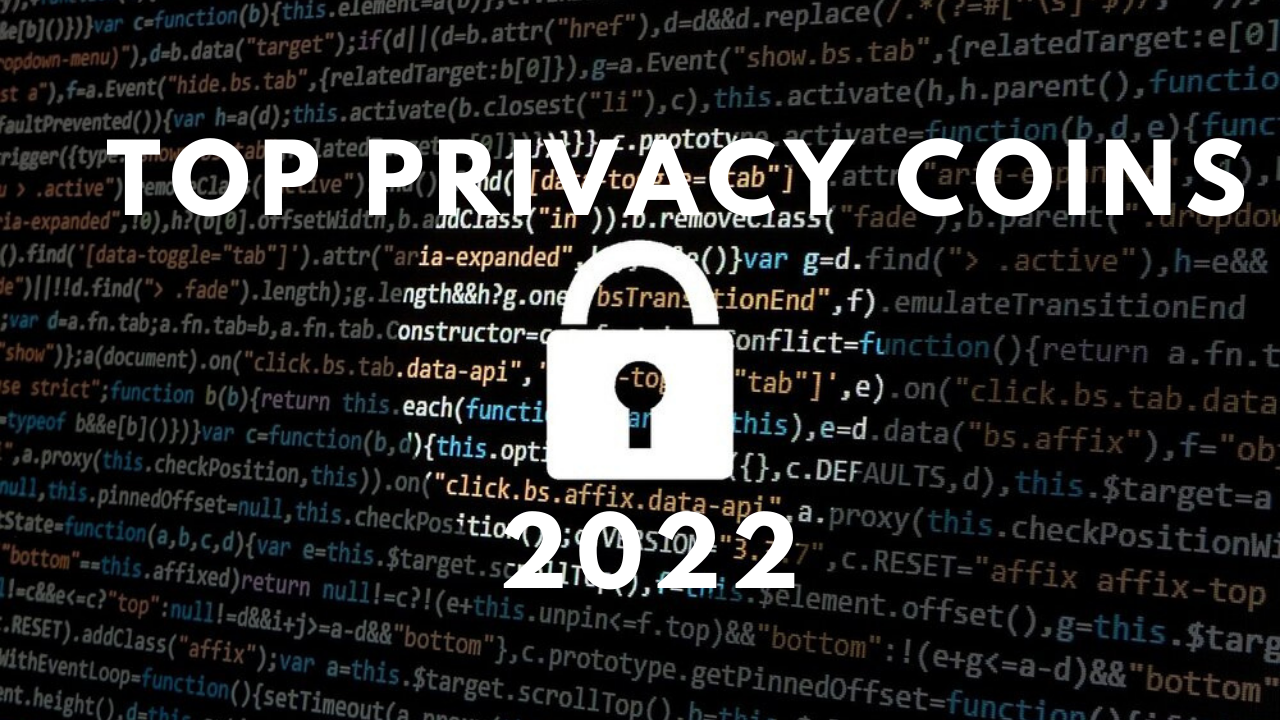
Included in this report is an excellent tool (protocol) to ensure your Ethereum transactions are kept private as well as a yet-to-be-released cross-chain, a privacy-preserving protocol for the entire DeFi stack on Polkadot.
If you haven't given privacy coins the attention they deserve, there is no better time than now. I believe it is a prudent best practice to have at least 5% of a crypto portfolio in privacy coins.
One of the greatest benefits of cryptocurrency is that it allows you to carry your wealth with you anywhere you go. All you require to access your funds is an internet connection and your 12-seed phrase. With privacy coins, you can be assured these transactions are both anonymous, uncensorable and untraceable - no matter where in the world you reside.
Until the next report,
Richard
